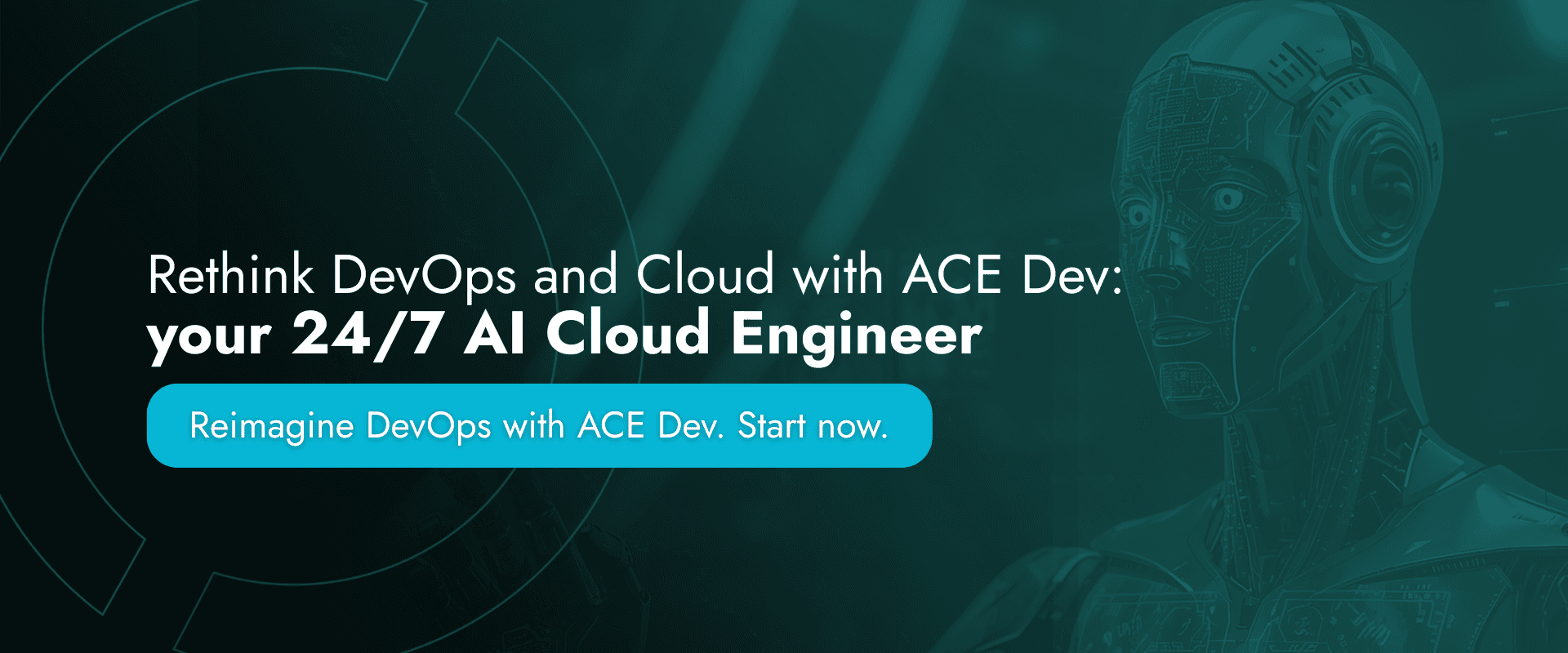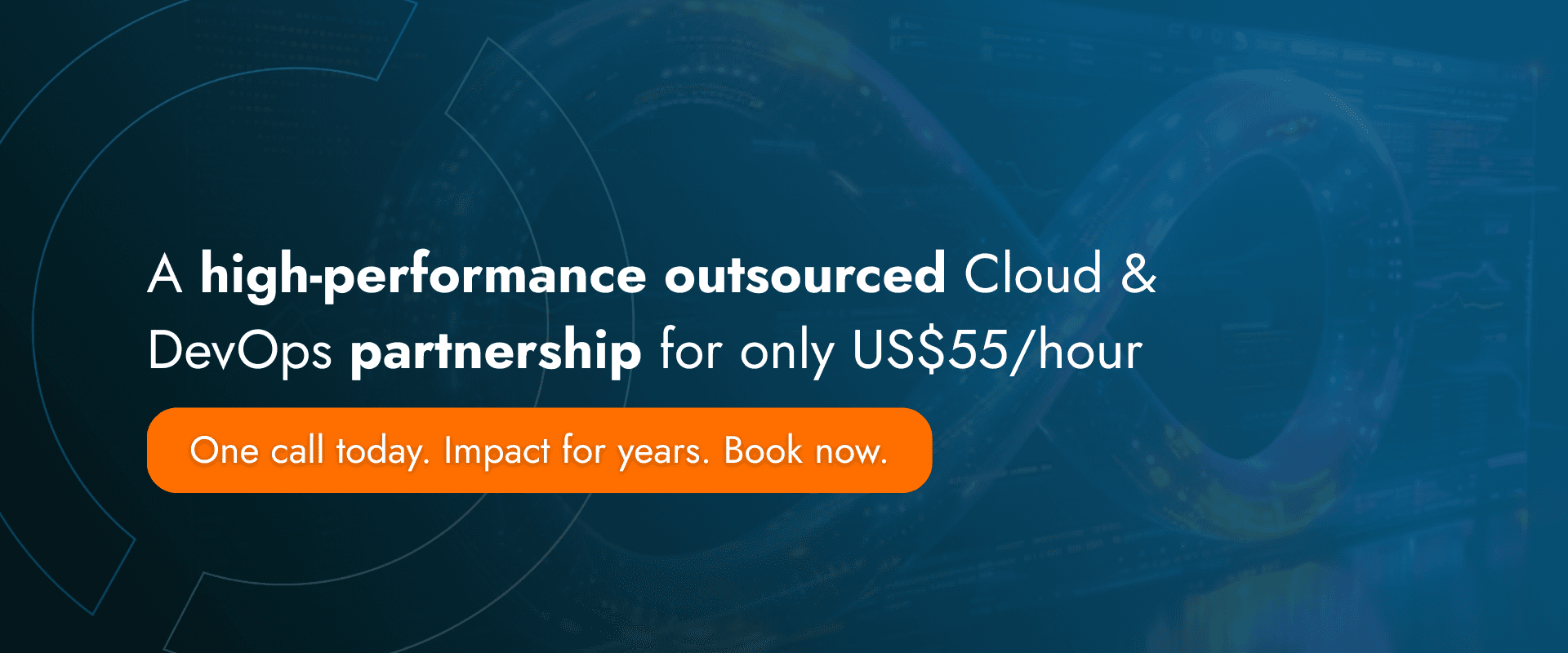
Hybrid Cloud vs. Multi-Cloud: what your business really needs to grow
Cloud & DevOps Engineering
What you’ll find in this article: a practical, side-by-side explanation of hybrid cloud vs. multi-cloud, how each model works in real production environments, their advantages and trade-offs, and what to consider before choosing a long-term cloud strategy.
Why read this article: If you’re modernizing infrastructure and deciding between hybrid and multi-cloud architectures, this guide helps you choose with clarity, based on business goals, technical maturity, and scalability requirements.
Hybrid cloud vs. multi-cloud: understanding the difference
Before deciding which model supports your growth, it’s essential to clarify what hybrid cloud and multi-cloud actually mean in practice.
Hybrid cloud combines on-premises infrastructure or private data centers with public cloud services, connected to operate as a single, unified environment. This approach is commonly used when organizations need to balance cloud scalability with regulatory, security, or legacy constraints. In these cases, the term business hybrid cloud is often used.
Multi-cloud, on the other hand, means using two or more public cloud providers at the same time. A hybrid vs. multi-cloud decision typically arises when organizations want provider flexibility, redundancy, or access to best-of-breed services across platforms.
At a glance, both models may seem similar. In reality, their architecture, operational complexity, and long-term impact are fundamentally different and those differences matter as your business scales.
Pros and cons of hybrid cloud and multi-cloud
Hybrid cloud: advantages and limitations
A business hybrid cloud model is often adopted by organizations with existing infrastructure or strict compliance needs.
Pros:
Seamless integration with existing data centers.
Stronger control over sensitive workloads and data.
Gradual modernization through a phased cloud strategy.
Easier alignment with regulatory and compliance requirements.
Cons:
Increased architectural and operational complexity.
Higher long-term management costs.
Limited elasticity compared to fully public cloud models.
Security risks if hybrid architecture is poorly designed.
Hybrid cloud often acts as a transitional solution for organizations moving to the cloud at a controlled pace.
Multi-cloud: advantages and limitations
Multi-cloud strategies are typically adopted by cloud-native or digitally mature organizations.
Pros:
Reduced dependency on a single cloud provider.
Flexibility to choose best-fit services per workload.
Improved resilience across regions and platforms.
Potential cost optimization.
Cons:
Requires advanced architectural maturity.
Complex identity and access management.
Challenging observability across providers.
Higher operational overhead.
Multi-cloud is best suited for teams with strong DevOps and SRE practices already in place.
Hybrid cloud vs. multi-cloud: how to align with your business goals
Choosing between hybrid vs. multi-cloud is not a technical preference. It’s a strategic business decision.
Choose a hybrid cloud strategy if:
You rely on on-premises systems or private data centers.
Data residency, compliance, or regulatory rules apply.
You are early in your cloud adoption journey.
Choose a multi-cloud strategy if:
High availability across regions is critical.
You need architectural and vendor flexibility.
You want to avoid long-term provider lock-in.
In many cases, organizations follow a hybrid-to-multi-cloud evolution, starting with hybrid cloud and expanding into multi-cloud as maturity grows.

The role of scalability and observability
Scalability and observability are not optional. They are foundational pillars of any reliable cloud architecture.
According to the 2024 State of the Cloud Report, 82% of enterprises already operate in multi-cloud environments. Yet many still struggle with fragmented monitoring, limited visibility, and slow scalability during growth phases.
This gap often appears because infrastructure is designed for the present, not for scale. At EZOps Cloud, our Cloud Architects focus on:
Cloud-native CI/CD pipelines.
Infrastructure as Code (Terraform, Ansible, Pulumi).
Kubernetes orchestration across providers.
Observability and monitoring from day one.
We design environments that scale with the business instead of becoming a bottleneck.

How EZOps Cloud helps you choose (and build) the right path
At EZOps Cloud, we help organizations design, build, and operate both business hybrid cloud and multi-cloud environments with confidence.
Our support includes:
Infrastructure and cost audits.
Scalable cloud architecture design.
Observability and monitoring standards.
24/7 operational support.
We also built ACE Dev, our Automated Cloud Engineer, to manage infrastructure across environments in real time, regardless of whether you choose hybrid or multi-cloud.
Final thoughts: strategy before architecture
There is no universal answer to the hybrid vs. multi-cloud debate. What matters is aligning your cloud architecture with:
Product needs.
Growth trajectory.
Team maturity.
Risk tolerance.
Don’t follow trends. Follow strategy.
Whether you’re migrating, optimizing, or scaling, EZOps Cloud helps you build cloud foundations that support long-term growth.


EZOps Cloud delivers secure and efficient Cloud and DevOps solutions worldwide, backed by a proven track record and a team of real experts dedicated to your growth, making us a top choice in the field.
EZOps Cloud: Cloud and DevOps merging expertise and innovation



